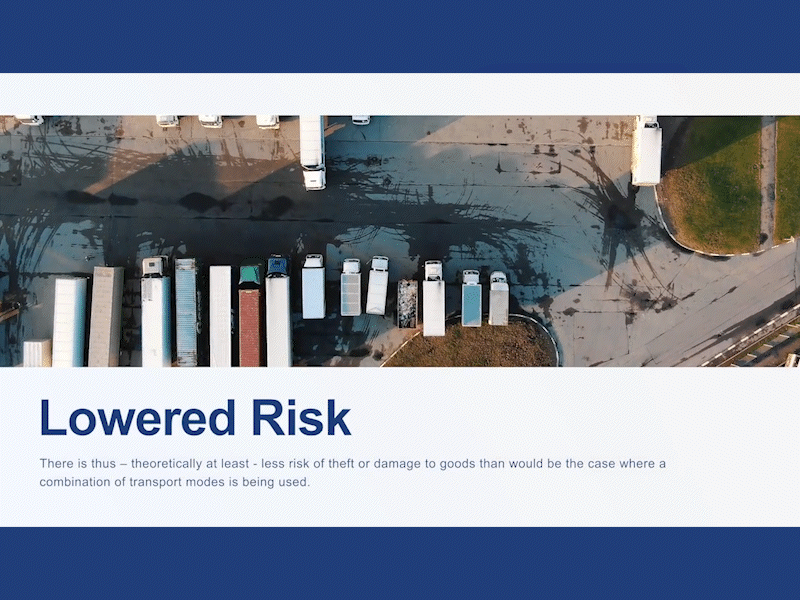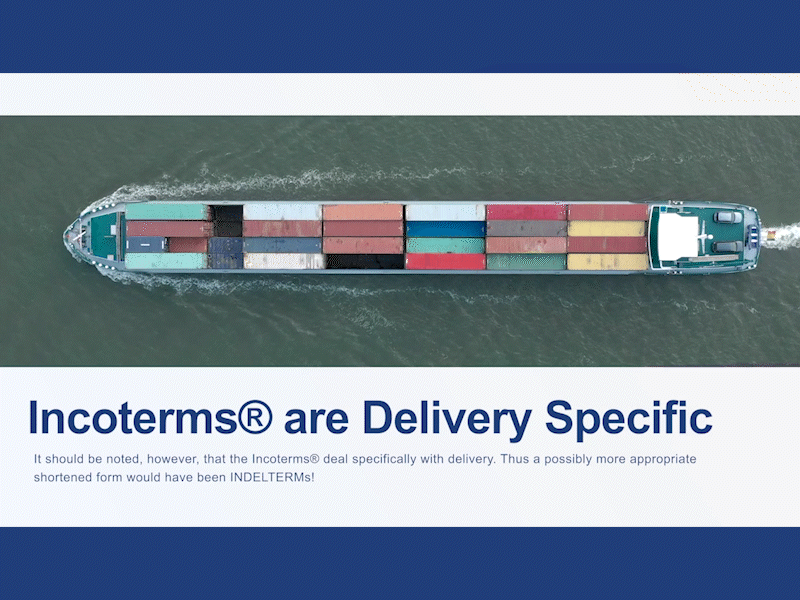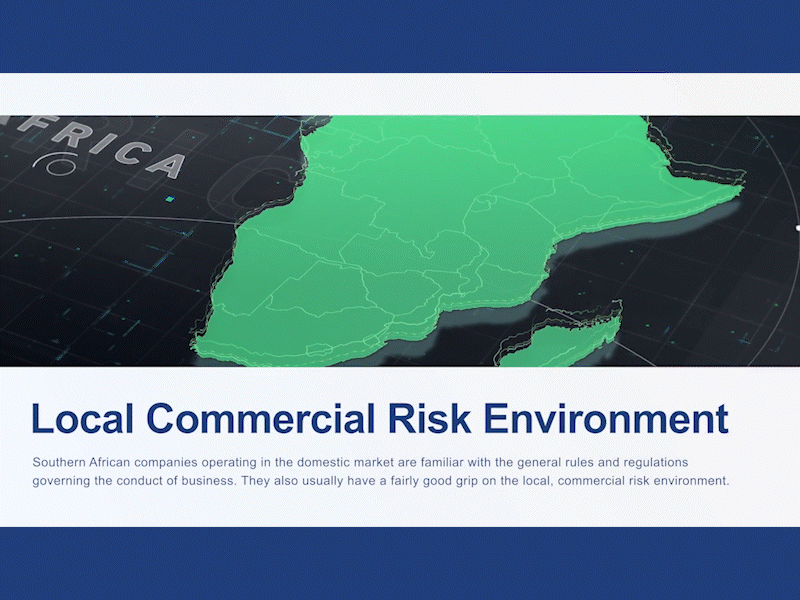Welcome to Course 3:
International Cargo Movement
This is the third free comprehensive course covering international cargo movement
The third course is focused on providing learners with a comprehensive understanding of international cargo movement. From the ins and outs of preparing your international trade documentation to packing and marking shipments for international transit. The course concludes with a module on Cargo marine insurance. After completing the full international cargo movement course you should have a good idea of whether or not your company is ready to move goods between countries, what documents to prepare and the finer details of cargo marine insurance.
~2 hours |
3 Modules

Modules within this Course
There are 3 Modules within our International Cargo Movement Course. Click on any module below for more information on that module and sign up for our LMS HERE to begin the course.
International Cargo Movement
~30 min |
Learning Outcomes for Course 3: International Cargo Movement
Export Foundation Training
The first course is focused on providing learners with a grasp on the global exporting and trading environment. From why countries trade and your own company’s export readiness to trading locs, trade barriers and Incoterms. After completing the full export foundation course you should have a good idea of whether or not your company is export ready, what to look out for and what to work on to ensure that you are able to export their products and/or services effectively.









